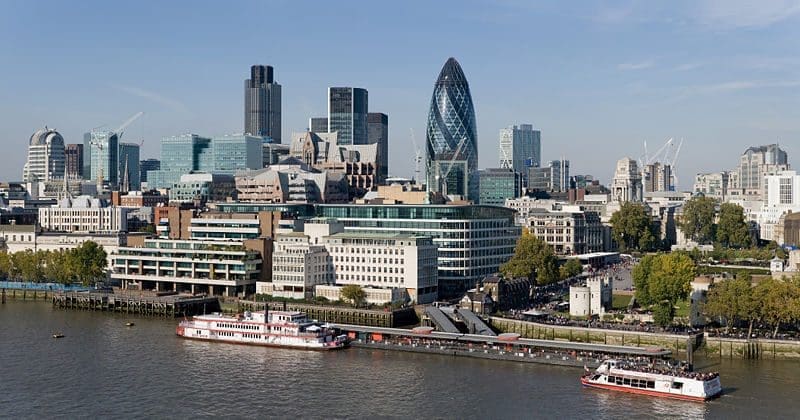Fisheries Sideshow Risks Overshadowing Main Brexit Concern – OpEd
By Arab News
By Cornelia Meyer*
UK and EU negotiators are currently hunkered down in a final attempt to hammer out a post-Brexit trade deal. Both sides still ask the other side to make concessions, but British Foreign Minister Dominic Raab did let some optimism shine through at the weekend.
Both sides need a deal, but the UK more so than the EU, because it is divorcing itself from its largest trading partner, which accounts for 52 percent of its imports and 43 percent of its exports. In a report released last week, the Office for Budget Responsibility (OBR) estimated that a no-deal Brexit would lower UK economic growth in 2021 by 2 percentage points to 3.5 percent (this comes on the heels of the economy being forecasted to contract by 11 percent this year due to the coronavirus pandemic).
According to the OBR, leaving the EU without a deal would also push unemployment up by a percentage point, from 7.5 percent to 8.5 percent.
The OBR report puts pressure on the government. At the same time, it will be important to resolve the Northern Ireland border issue because US President-elect Joe Biden has been quite unequivocal that a US-UK trade deal will not be on the cards if Brexit arrangements endanger the Good Friday Agreement and the peace it has brought to the island of Ireland.
Fishing is one of the main stumbling blocks on the way to a post-Brexit trade deal, and it is an emotive issue — never mind that fish don’t carry passports, as Irish Foreign Minister Simon Coveney never gets tired of pointing out, and that UK fishermen need access to EU markets to sell their catches.
The fishing industry represents just 0.12 percent of UK gross domestic product (GDP) and the sector employs less than 0.1 percent of the country’s workforce. But numbers matter less when it comes to emotions, and fishermen and their trawlers have become a potent symbol of Britain “taking back control.”
If it was not for emotions, fisheries would be a sideshow, as the trade talks do not address the main issue. The manufacturing industry, which will be covered under any potential deal, represents 17.41 percent of UK GDP, as opposed to services, which account for 71.26 percent.
Financial services contribute 7 percent of UK GDP and their share of tax revenues is substantial. But the trade deal does not include financial services, which will, over time, undermine the position of the City of London as Europe’s main financial center.
Come Jan. 1, London will lose equivalence, curtailing its ability to trade EU-listed securities. Paris, Amsterdam, Dublin and Luxembourg are rejoicing. JPMorgan Chase and Goldman Sachs have already moved a combined 300 staff and assets worth $300 billion from London to the EU. A September EY report suggested that a total of 7,500 professionals and $1.6 trillion of assets are set to move out of London.
On Monday, the London Stock Exchange’s trading platform took up operations in Amsterdam. Cboe Europe Equities, Europe’s largest stock exchange by value traded, and Aquis Exchange, the operator of pan-European equity trading exchanges, have also established platforms in the Dutch city. Goldman Sachs will set up a hub for its European share trading platform Sigma X in Paris. And BlackRock is moving trading operations to Amsterdam and Paris.
To make matters worse, we are not just talking about equities trading. The EU ordained that derivatives trades, which represent trillions of dollars, also need to move to the EU as of the beginning of next year. We are talking about a large exodus of operations, people and especially tax revenues from the City of London. The volume of trades is significant.
These are sad developments for what has been, up to now, Europe’s major financial center. It will have an impact on London and Londoners, who will miss the high-rolling banker types spending their cash. It will also make it harder for Chancellor of the Exchequer Rishi Sunak to balance the books. Quite apart from that, investors can expect increased volatility while the new arrangements find their equilibrium.
The City of London is getting a raw deal, but there seems to be very little uproar about that. It may have something to do with the fact that sympathy for bankers generally runs thin, while we all like to support hard-working fishermen.
- Cornelia Meyer is a Ph.D.-level economist with 30 years of experience in investment banking and industry. She is chairperson and CEO of business consultancy Meyer Resources. Twitter: @MeyerResources

